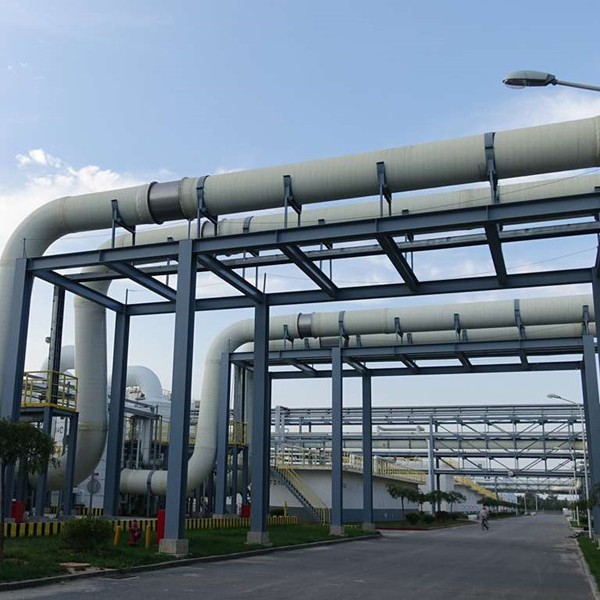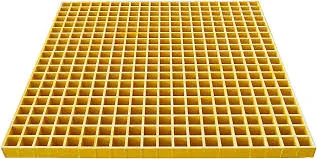
-
 Afrikaans
Afrikaans -
 Albanian
Albanian -
 Amharic
Amharic -
 Arabic
Arabic -
 Armenian
Armenian -
 Azerbaijani
Azerbaijani -
 Basque
Basque -
 Belarusian
Belarusian -
 Bengali
Bengali -
 Bosnian
Bosnian -
 Bulgarian
Bulgarian -
 Catalan
Catalan -
 Cebuano
Cebuano -
 China
China -
 China (Taiwan)
China (Taiwan) -
 Corsican
Corsican -
 Croatian
Croatian -
 Czech
Czech -
 Danish
Danish -
 Dutch
Dutch -
 English
English -
 Esperanto
Esperanto -
 Estonian
Estonian -
 Finnish
Finnish -
 French
French -
 Frisian
Frisian -
 Galician
Galician -
 Georgian
Georgian -
 German
German -
 Greek
Greek -
 Gujarati
Gujarati -
 Haitian Creole
Haitian Creole -
 hausa
hausa -
 hawaiian
hawaiian -
 Hebrew
Hebrew -
 Hindi
Hindi -
 Miao
Miao -
 Hungarian
Hungarian -
 Icelandic
Icelandic -
 igbo
igbo -
 Indonesian
Indonesian -
 irish
irish -
 Italian
Italian -
 Japanese
Japanese -
 Javanese
Javanese -
 Kannada
Kannada -
 kazakh
kazakh -
 Khmer
Khmer -
 Rwandese
Rwandese -
 Korean
Korean -
 Kurdish
Kurdish -
 Kyrgyz
Kyrgyz -
 Lao
Lao -
 Latin
Latin -
 Latvian
Latvian -
 Lithuanian
Lithuanian -
 Luxembourgish
Luxembourgish -
 Macedonian
Macedonian -
 Malgashi
Malgashi -
 Malay
Malay -
 Malayalam
Malayalam -
 Maltese
Maltese -
 Maori
Maori -
 Marathi
Marathi -
 Mongolian
Mongolian -
 Myanmar
Myanmar -
 Nepali
Nepali -
 Norwegian
Norwegian -
 Norwegian
Norwegian -
 Occitan
Occitan -
 Pashto
Pashto -
 Persian
Persian -
 Polish
Polish -
 Portuguese
Portuguese -
 Punjabi
Punjabi -
 Romanian
Romanian -
 Russian
Russian -
 Samoan
Samoan -
 Scottish Gaelic
Scottish Gaelic -
 Serbian
Serbian -
 Sesotho
Sesotho -
 Shona
Shona -
 Sindhi
Sindhi -
 Sinhala
Sinhala -
 Slovak
Slovak -
 Slovenian
Slovenian -
 Somali
Somali -
 Spanish
Spanish -
 Sundanese
Sundanese -
 Swahili
Swahili -
 Swedish
Swedish -
 Tagalog
Tagalog -
 Tajik
Tajik -
 Tamil
Tamil -
 Tatar
Tatar -
 Telugu
Telugu -
 Thai
Thai -
 Turkish
Turkish -
 Turkmen
Turkmen -
 Ukrainian
Ukrainian -
 Urdu
Urdu -
 Uighur
Uighur -
 Uzbek
Uzbek -
 Vietnamese
Vietnamese -
 Welsh
Welsh -
 Bantu
Bantu -
 Yiddish
Yiddish -
 Yoruba
Yoruba -
 Zulu
Zulu
Jan . 09, 2025 11:13
Back to list
Expert FRP Pipe Solutions for Reliable Projects
FRP (Fiber Reinforced Plastic) pipes have revolutionized industries with their durability and corrosion-resistant properties. These pipes, made by reinforcing plastic with fibers like glass or carbon, combine the best features of both materials, offering unrivaled advantages that traditional metals and plastics cannot provide.
The manufacturing process of FRP pipes involves precise control and a keen understanding of material science, underscoring the expertise required in their production. Only professionals with thorough knowledge of the chemical and physical properties of both the resins and fibers can create FRP pipes that meet stringent industry standards. This expertise guarantees that each pipe is free from defects and capable of meeting the demanding requirements of the application it serves. Furthermore, the credibility of FRP pipes is backed by rigorous testing and certification from respected industry bodies. Testing procedures ensure that these pipes can perform under expected stress and environmental conditions, thus reinforcing their reliability. Organizations often require these certifications before approving the use of FRP pipes in their projects, further establishing their trustworthiness. In an era where sustainability is a crucial consideration, the environmental benefits of FRP pipes cannot be overstated. Their long lifespan and resistance to environmental degradation mean fewer replacements and less waste. Additionally, manufacturing FRP pipes generates fewer emissions compared to metal pipes, aligning with global efforts to reduce industrial footprints. In conclusion, FRP pipes offer unparalleled efficiency and reliability, embodying expertise, authoritativeness, and trustworthiness in every application. Their unique advantages—ranging from cost-efficiency and ease of installation to corrosion resistance—make them an indispensable asset across various industries. By leveraging these benefits, industries can achieve enhanced performance, reduced operational costs, and a more sustainable future.


The manufacturing process of FRP pipes involves precise control and a keen understanding of material science, underscoring the expertise required in their production. Only professionals with thorough knowledge of the chemical and physical properties of both the resins and fibers can create FRP pipes that meet stringent industry standards. This expertise guarantees that each pipe is free from defects and capable of meeting the demanding requirements of the application it serves. Furthermore, the credibility of FRP pipes is backed by rigorous testing and certification from respected industry bodies. Testing procedures ensure that these pipes can perform under expected stress and environmental conditions, thus reinforcing their reliability. Organizations often require these certifications before approving the use of FRP pipes in their projects, further establishing their trustworthiness. In an era where sustainability is a crucial consideration, the environmental benefits of FRP pipes cannot be overstated. Their long lifespan and resistance to environmental degradation mean fewer replacements and less waste. Additionally, manufacturing FRP pipes generates fewer emissions compared to metal pipes, aligning with global efforts to reduce industrial footprints. In conclusion, FRP pipes offer unparalleled efficiency and reliability, embodying expertise, authoritativeness, and trustworthiness in every application. Their unique advantages—ranging from cost-efficiency and ease of installation to corrosion resistance—make them an indispensable asset across various industries. By leveraging these benefits, industries can achieve enhanced performance, reduced operational costs, and a more sustainable future.
Related Products









